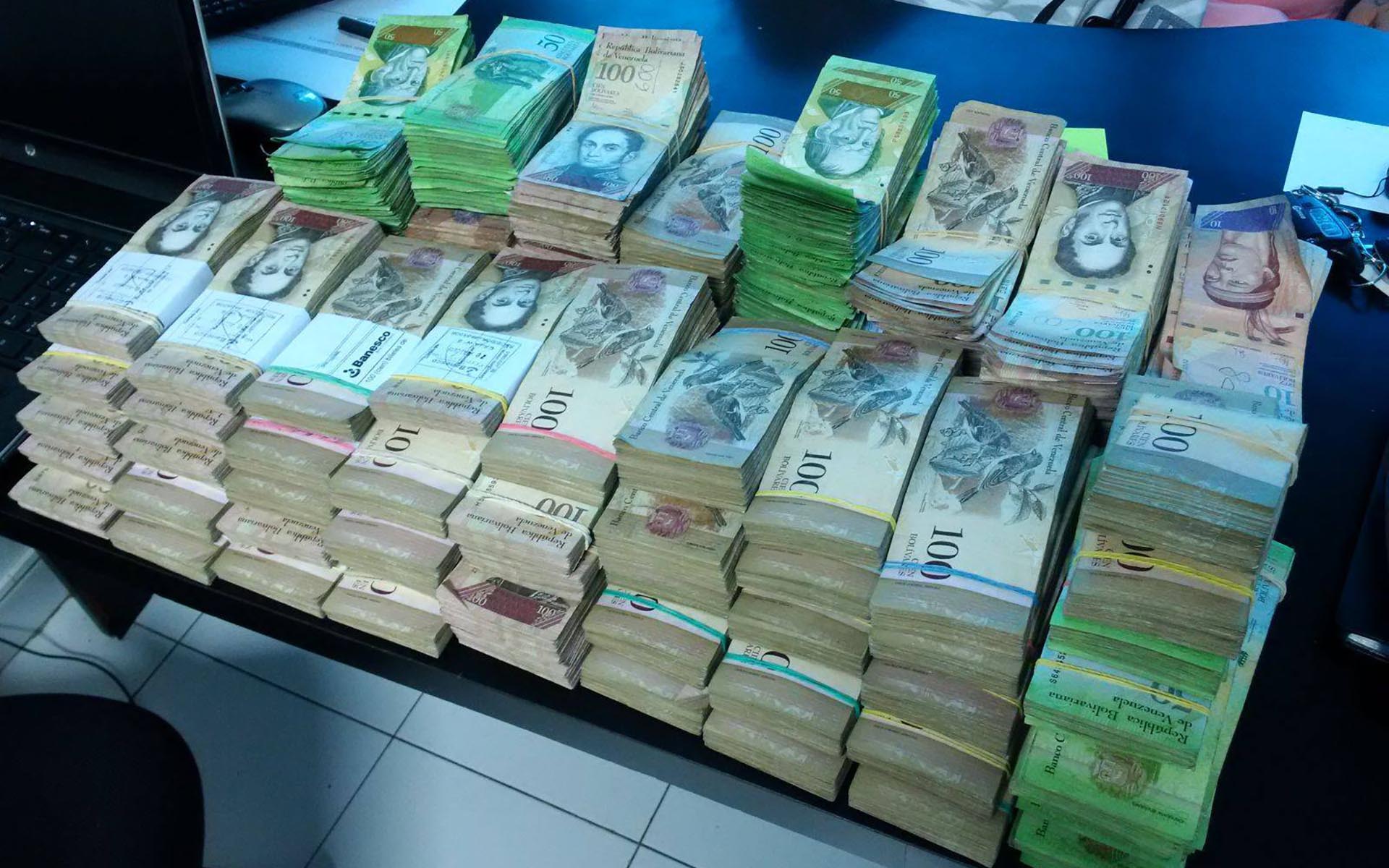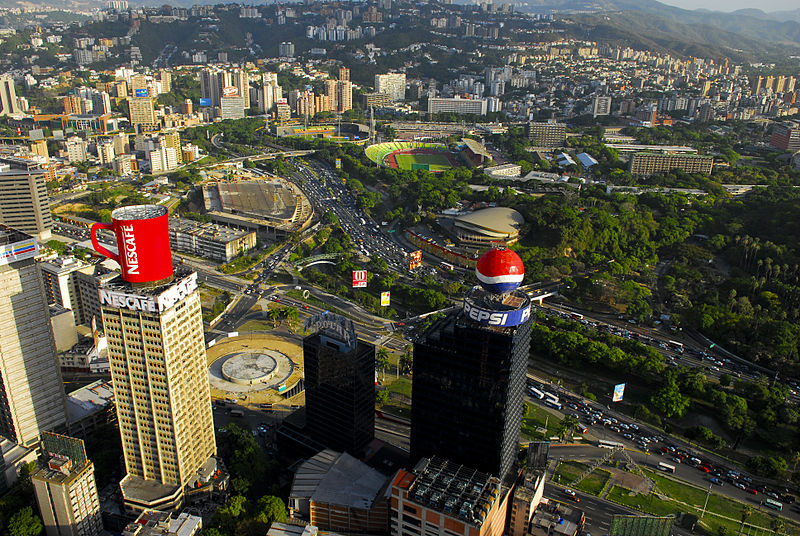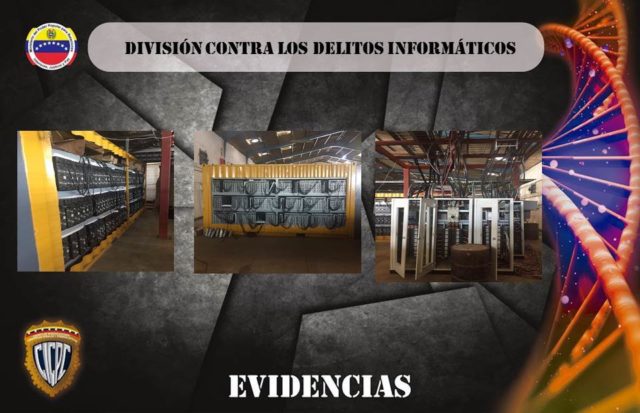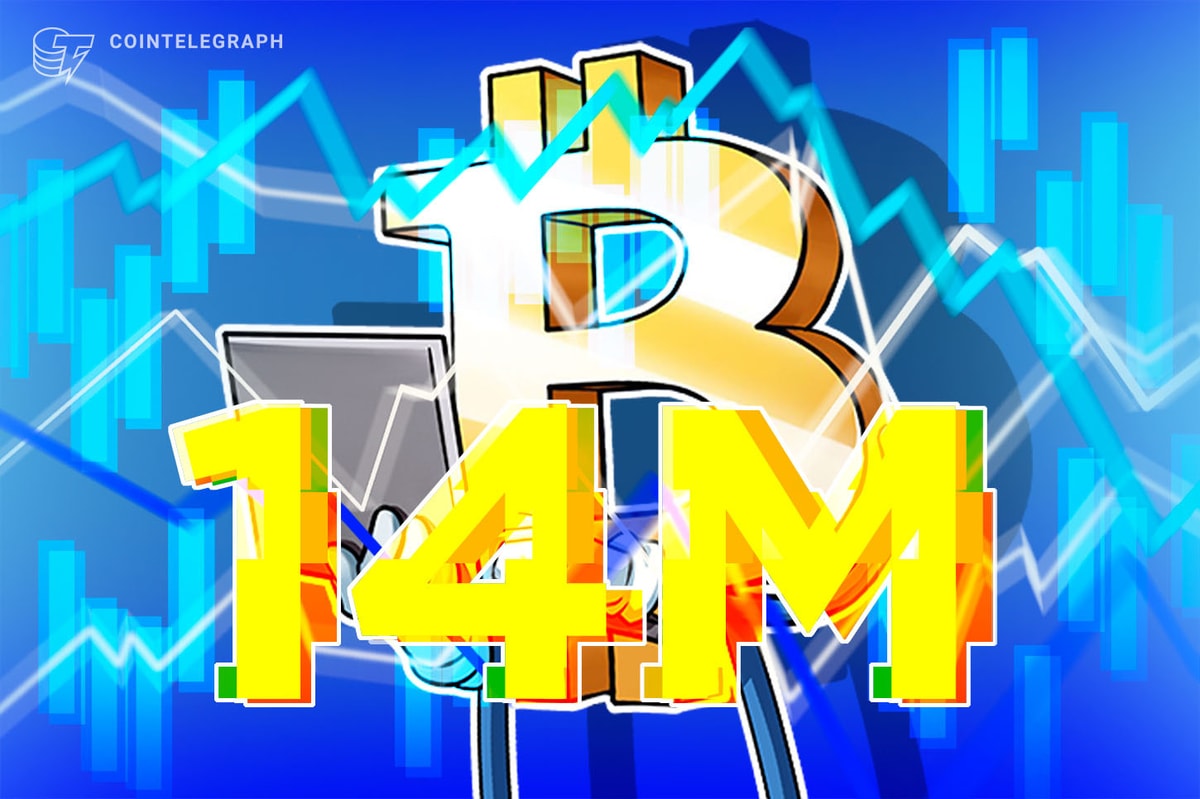Hyperinflation in Venezuela has made a reality of having to carry suitcases of money in order to buy meals. Bitcoin could replace low denomination notes in the country, prevent the privacy perils of a cashless society and potentially see the first Bitcoinization of a sovereign state.
Venezuela, once the highest wealth per capita country in South America, now has the highest inflation rate in the world with speculation that inflation in the country could potentially reach 1,600%. The country’s previously highest denomination note was the 100 bolivar but with hyperinflation, it is now only worth approximately 2 cents. The country is now printing higher denomination notes to try and aid the issue but is this the best solution?
Andean Capital Advisors’ Daniel Osorio told CNBC:
I spend about a week a month there [Venezuela]. Hyperinflation is a very difficult thing to understand until you have to buy lunch… You needed an entire backpack full of cash to pay for lunch.
In A Position To Bitcoinize A Sovereign State
In what is quickly becoming a cashless society, Bitcoin can restore purchasing power and privacy back to Venezuelans. It does not even require a bank account – just an internet connection and a mobile phone, providing a way for the unbanked in the country to also pay for goods and services. Bitcoinization isn’t a pipe dream in Venezuela and it could very well end up being a necessity.
Osorio explained:
The country is not yet dollarized. Usually in a place that experienced hyperinflation, the country ultra-dollarizes. All of a sudden people just start trading in dollars. There are not enough dollars in Venezuela for that to have happened. You wire the money to the owner of a restaurant. This brings us to something really interesting and provocative, and that is we are beginning to see in Venezuela, potentially, the first bitcoinization of a sovereign state.
Venezuelans Have Already Turned to Bitcoin Mining
Venezuela recently made cryptocurrency headlines when it was reported that more and more citizens were turning to Bitcoin or cryptocurrency mining in order make money. This solution was made more viable as the country operates a nationalized electricity system which makes electricity usage incredibly cheap. With electricity being the major cost involved in cryptocurrency mining it provides a real potential solution to people living on the margins. However, the practice of Bitcoin mining in the country is a grey area if not outright illegal as 4 miners in the past have been charged with stealing electricity and tax evasion.
Bitcoin is always on standby in cases such as these and a repeat of the 2008 world financial crash could see us all in Venezuela’s position. Will we see Bitcoin adoption in future a necessity? Tell what you think in the comments below?
Images Courtesy of Bloomberg, Juan Barreto/AFP, William Urdaneta/Reuters














